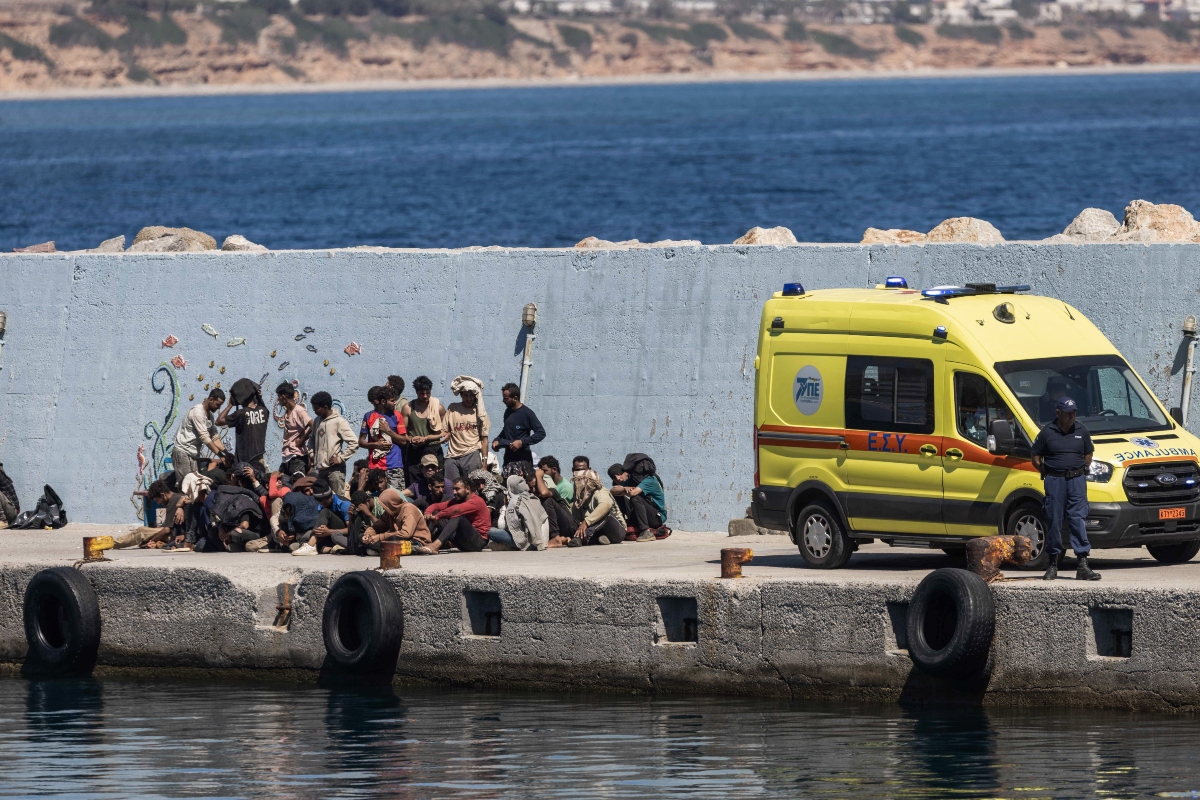The implementation of the new policy by the Ministry of Migration and Asylum, established under Law 5226 in early August, is hitting serious obstacles in practice. The law stipulates that individuals not eligible for asylum must either return to their home countries or be placed in state detention. However, the available infrastructure for thousands of people is insufficient, pushing the policy into a practical deadlock.
Suspension of Rejection Decisions
The Director of the Asylum Service, Marios Kaleas, issued a message to staff requesting a temporary suspension of negative asylum decisions. This measure is purely administrative: asylum officers need time to update their procedures in line with the new law and to secure adequate detention spaces.
According to statistics:
- In the first half of 2025, 16,590 asylum decisions were issued, of which 4,719 were negative (~30%).
- Under the new law, around 5,000 individuals should have been placed in detention during the same period.
- Currently, 27,015 first-instance asylum applications are pending, with an estimated 9,000 negative decisions expected, which translates into corresponding detention needs.
The suspension is deemed necessary until sufficient detention facilities are available, otherwise the “return or detention” policy cannot be practically applied.
Transfers and Accommodation Facilities
In Crete, migrant transfers are ongoing:
- To the temporary facility at Agia, Chania, with the goal of clearing the space over the weekend, if no new arrivals occur.
- Sudanese and Eritrean migrants are being moved to Malakasa, separate from other migrants arriving from Libya, who are primarily sent to a closed facility in Serres.
The allocation of facilities remains a complex challenge, as existing infrastructure is limited and cannot meet the new law’s requirements.
Comments and Outlook
The Director of the Asylum Service emphasized that the suspension is temporary, and the issuance of negative decisions will resume shortly.
Minister of Migration, Thanos Plevris, noted that the temporary suspension for arrivals from Libya, currently expiring on October 10, may be extended, while the ministry is also exploring alternative solutions for individuals with refugee profiles, particularly from conflict-affected countries such as Eritrea and Sudan.
The policy has sparked debates regarding compliance with European and international law. The European Court of Human Rights has already issued measures preventing the deportation of Sudanese asylum seekers who arrived illegally in Crete until their asylum applications have been properly assessed.
The “return or detention” policy exposes the challenges of managing migration flows and the limitations of existing infrastructure. The suspension of negative asylum decisions is a temporary measure, and the government must urgently find practical solutions for detention facilities while ensuring that the law is enforced in line with European and international legal standards, safeguarding the rights of asylum seekers.
Source: pagenews.gr
